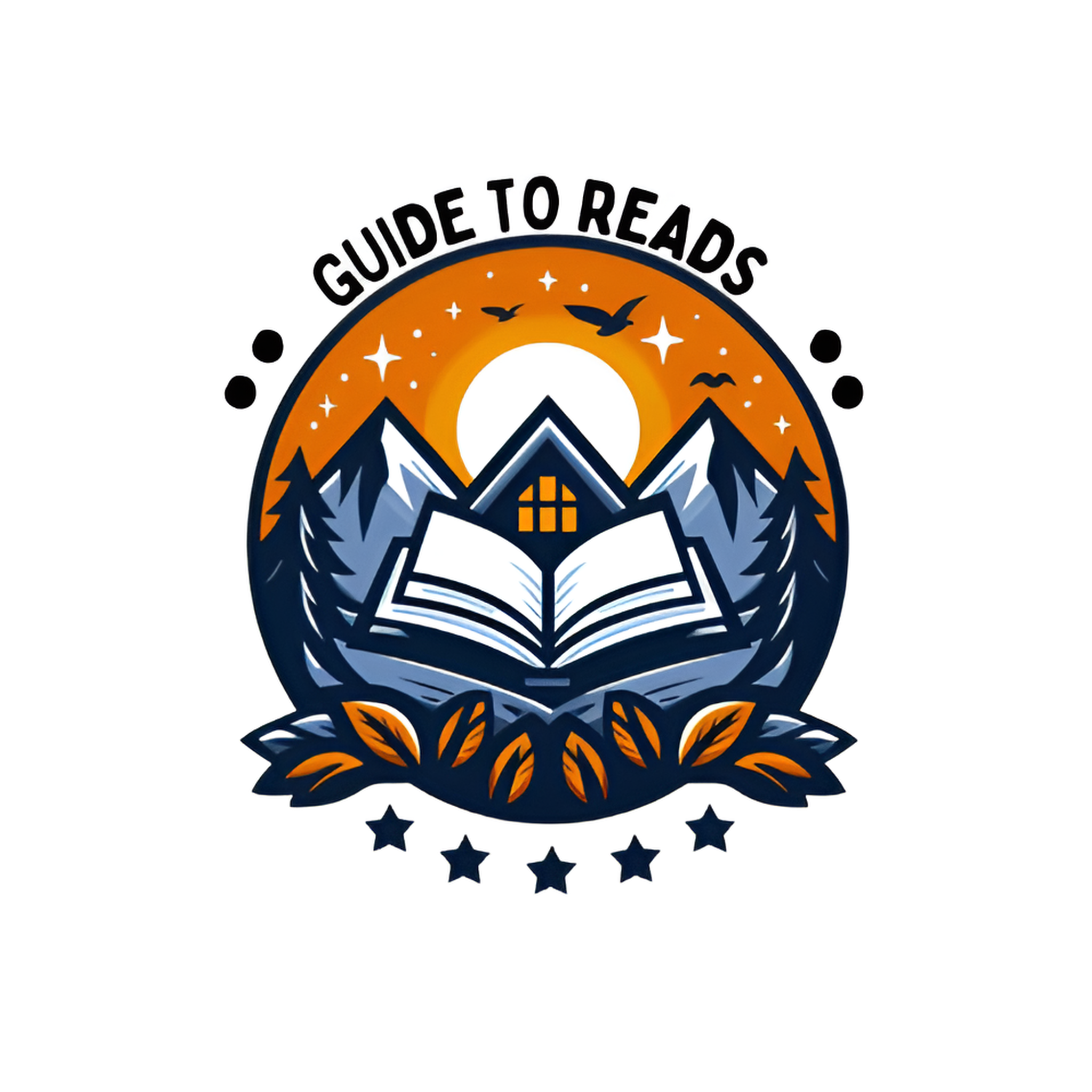Literature has a unique power to transcend borders and connect readers across different languages and cultures. Translated books play an important role in fostering cultural exchange by allowing us to experience diverse perspectives from all over the world. In this article, we will explore five critically-acclaimed translated novels that provide rich insights into their respective cultures and histories. By reading books in translation, our literary horizons expand while our understanding of « the other » deepens. Translators play a crucial role in bridging linguistic and cultural divides to share the rich stories of our world. When an author’s work is translated skillfully, it allows readers in other languages to gain fascinating new perspectives.
I. Why Translated Books Matter
Access to translated works is crucial for gaining a multifaceted understanding of our globalized world. When we read stories originally written in languages other than our own, we are exposed to new cultures, histories and ways of thinking. This has several advantages:
- 1) It gives voice to non-English narratives and expands representation beyond any single linguistic or national literature. The diversity of translated novels enriches all of our literary experiences.
- 2) It provides an immersive experience of different cultures through the eyes of local authors. Reading novels set in various cultural contexts is a thoughtful way to learn about traditions, customs and worldsviews unlike our own.
- 3) It challenges our preconceptions by exposing us to fresh perspectives on universal themes of the human condition. Although cultures differ in their particulars, great literature often explores profound questions that resonate across societies. Translated novels let us benefit from wise global insights.
Reading books across language barriers deepens cross-cultural bonds of understanding. When we open our minds to stories rendered beautifully in other tongues, our thinking expands while empathy grows.
II. Must-Read Translated Books
The following five translated classics are literary treasures that offer profound cultural insights to readers worldwide:
1) “One Hundred Years of Solitude” by Gabriel García Márquez
Regarded as one of the most significant works of 20th century literature, Márquez’s magical realist masterpiece transports readers to the mythical town of Macondo to experience the history, social realities and inner lives of Latin Americans. Its innovative blend of realism and fantasy perfectly captures the tapestry of Colombian identity. The novel follows the Buendía family and the townspeople of Macondo through many generations, as they struggle with themes of memory, history and time. Márquez immerses readers in a vivid, sensory experience of small-town life, filled with mystery and magic. Between the extraordinary events and ordinary human details, he weaves a spellbinding tale about the endless repetition of history.
2) “The Tale of Genji” by Murasaki Shikibu
This 11th century Japanese work is often called the world’s first novel. It provides a fascinating look into aristocratic Heian society through the romantic exploits and poetic musings of its protagonist, Prince Genji. Genji’s cultivation of aesthetic ideals like mono no aware, the awareness of life’s impermanence, characterizes the sensitivity of Japanese aristocrats. As the novel unfolds like a narrative scroll, depicting Genji’s romantic affairs and spiritual development, readers are transported to medieval Kyoto to experience courtly culture, rituals, and aspects of daily life in vivid brushstrokes. Genji’s refined sensibilities set the benchmark for masculine ideals that would deeply influence Japanese society for generations to come.
3) “Things Fall Apart” by Chinua Achebe
Achebe’s seminal novel examines the dismantling of traditional Igbo culture in Nigeria due to British colonialism. It offers profound insights into pre-colonial African village life and the devastating cultural impacts of foreign domination. Readers are given an inside perspective on Igbo religious customs, political systems, and the harsh realities of the new evangelical worldview. The novel follows protagonist Okonkwo, a respected warrior and local leader, as he struggles to preserve Igbo customs in a rapidly changing society. Through vivid descriptions of village rituals and traditions, along with characterization of complex Igbo values, Achebe brought an « African voice » to the world that reshaped post-colonial literature.
4) “The Shadow of the Wind” by Carlos Ruiz Zafón
This atmospheric page-turner, set in 1940s Barcelona, takes readers through a maze of mysteries. It also sheds light on the sociopolitical climate under Franco’s dictatorship in Spain during a period of turmoil. The novel’s gothic intrigue and historical backdrop capture readers in a spell. Protagonist Daniel Sempere is initiated into the mysterious Cemetery of Forgotten Books, where he discovers the works of a man whose life seems to parallel his own in curious ways. As Daniel searches for answers among the winding lanes and antiquarian bookshops of Barcelona, he becomes entangled in a web of secrets stretching back to the devastating Spanish Civil War. Beneath the novel’s surface thriller plot lies a deeper homage to the power of storytelling.
5) “My Name Is Red” by Orhan Pamuk
Pamuk’s intricate murder mystery unfolds amidst the world of 16th century Ottoman miniaturists. It provides a captivating glimpse into the Islamic artistic traditions of the Ottoman Empire, including religious perspectives on visual representation. The text’s detailed depictions of materials and techniques give modern audiences a feel for the aesthetic zenith of Turkish-Islamic culture. Set in 1591 Istanbul, the novel follows investigators probing the strange murder of a master miniaturist. Their investigation peels back layers of intrigue surrounding the illustrious portrait known as the Sultan’s Portrait. Through scenes depicting the miniaturists’ workshops and the mysteries of their artistic process, readers are treated to a virtual escape into the sumptuous world of the Ottoman royal court during an era of change.
III. Challenges of Translating Literature
While translation expands access to world literatures, it is an immensely challenging art. Cultural barriers and differences in language systems pose obstacles in accurately transferring ideas, aesthetics, historical contexts and more. Contextual elements vital to interpreting a work may be obscured when carried from one language community to another. Skilled translators play a crucial role in overcoming these challenges through strategies like retaining cultural references, using explanatory notes, and maintaining the original text’s overall spirit when literal translation proves inadequate. Their diligence and creativity are crucial to the sharing of great works across borders.
IV. Benefits of Reading Translated Books
By opening our minds to diverse voices from around the globe, translated literature enriches our understanding of humanity in all its complexity. It fosters cultural empathy by exposing readers to new perspectives that challenge narrow assumptions. Cultural exchange also progresses through translated works, as international audiences can appreciate finely wrought stories that deepen cross-border connections. ensuring Furthermore, an increase in translated titles ensures a more representative reflection of our shared human experience in the world of letters. When linguistic barriers fall away, previously marginalized narratives gain exposure and recognition boosts diversity within the literary arts. Overall, translation stimulates open-mindedness and multi-perspective thinking that nourishes global cultural bonds.
Conclusion
As borders between nations may divide lands, the borderless language of literature has the power to unite minds and cultures. The books highlighted here offer a taste of this unifying potential by transporting readers worldwide to experience vivid new societies and histories. In our increasingly interconnected world, reading translated works is an opportunity to broaden perspectives and deepen our shared comprehension of human civilizations.
Through their craft, translators facilitate cross-cultural bridges that nourish global sympathies. When we open our imaginations to stories rendered from other tongues, our narrow views expand. Translated novels build intimacy between distinct communities by bringing to light common hopes, fears and questions at each life’s core regardless of outward differences.
As cultural cross-pollination accelerates in our era of digital connections, the exchange of world literatures will remain crucial for fostering mutual understanding. These seminal works endure in their depictions of intimatehuman truths that resonate across divisions of nationality or era. Their message of diverse pathways to shared dreams continues elevating humanism wherever their pages reach. In a fragmented world, spreading great literature across borders nourishes our recognition of a global village and a shared human family.




































Thanks for sharing. I read many of your blog posts, cool, your blog is very good.